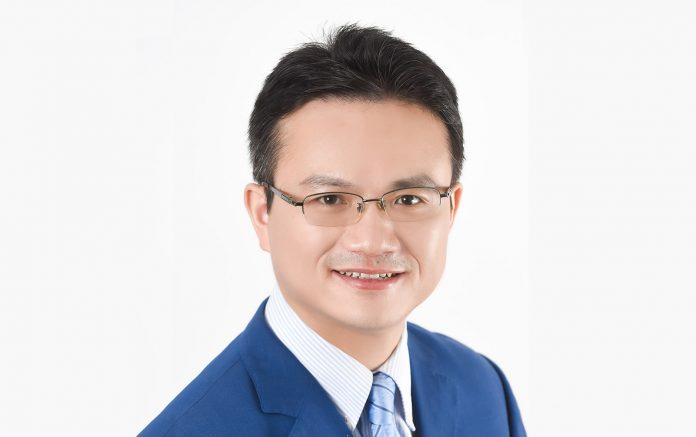Dr. Shengxiang Ren is an associate professor at Shanghai Pulmonary Hospital, Tongji University and Vice Director at Shanghai Pulmonary Hospital. He is a vice header of interventional section in the Shanghai Medical Association Respiratory Branch and Youth Committee Member in Shanghai Anti-Cancer Association. He is a member of the CTONG Trials Group and participant of more than 20 multicenter clinical trials.
Coronavirus disease-2019 (COVID-19) now is a world-wide pandemic. There were more than 82,000 confirmed cases and more than 3,000 deaths in China. When this unknown virus is first encountered, I think nearly everyone feels panic and fear because they do not know how exactly to manage and overcome it. Although there have been very few new cases in China and the lockdown has been lifted, both the general public and the medical community in China are hoping that the nightmare of the past 2 months never returns.
The lockdown of Wuhan City happened one day before the traditional Chinese Spring Festival. At the same time, all the staff working in the hospitals cancelled their vacations and stayed on call. Covid-19 is a highly infectious virus; more than 3,000 doctors and nurses were infected duo to the initial improper management strategies and lack of protective equipment in Hubei province. To overcome this desperate situation, more than 40,000 staff of health institutions all around China came to Wuhan to treat COVID-19 together. After the proper protective equipment was put into use and quarantine rules were established, there were no new cases within the hospital setting, which suggests the importance of protective measures.
Patients with a history of cancer have a high risk for the COVID-19 disease with an odds ratio of 2.31. At the same time, patients with lung cancer had a higher incidence of severe or critical COVID-19 infection. Therefore, for patients with stable disease who do not have COVID-19, we recommended postponing treatment and strengthening personal protection through the use of masks, gloves, and hand washing. However, for patients who have contracted COVID-19, termination or delay of cancer treatment remains controversial. The administration of surgery, radiotherapy, or anti-tumor agents was considered based on the severity of cancer and accessibility of therapy. For those patients with chronic disease that requires routine trips to the hospital, we adopted an online virtual clinic for consultation, and then delivered oral drugs, such as targeted treatment, if necessary to avoid unnecessary cross infection. We also recommend neoadjuvant therapy for patients who are awaiting surgery.
Given the lack of effective treatment for COVID-19, identifying the infection source, cutting off transmission, and protecting the susceptible population are the three key management strategies for conquering COVID-19 transmission. For the general public, staying home is the best way to protect themselves. The majority of people in Shanghai did not leave their homes for more than 1 month, while nearly all of the people in Wuhan City stayed home for more than 70 days. In addition, the use of surgical masks, hand washing, and decreased physical connection are essential for the management of this disease.











